
The government Nepal consider the cooperative sector as one of the 3 sectors of the economy of Nepal. Nepal is land locked country from three sides India & aside from PR China. We do not have direct access to the sea port easily so it costs high to import & export the goods. So one of the best way to increase the volume of GDP is most utilize of the rural resources. For the maximum economic access to the financial institutions in the rural area of Nepal in very difficult by the transportation & the geographical situation. Some rural municipality are bigger than some district as well so it is very hard to the people to get access to the financial institutions. Nepal Rastra Bank planned to establish at least one branch of the bank in each municipality but still there are some municipality without branch of the bank. The main purpose of the bank & financial institutions is to make profit. If the bank & financial companies cannot see the profit from the area where they try to establish a branch or less populated area or less business activities, they won't establish a branch so the cooperative could be the best option for the rural society.
As we know cooperative business the social business which has objective to provide service first & than looking for the profit. When the profit is centralized by the owner & limited shareholders in the bank & financial institutions, in cooperatives it is equally distributed to all the shareholders. In bank & financial institutions the person who owns high number of share s/he has more voting rights in other hand cooperatives system is totally difference the number of share owning is doesn't matter. One person one vote & all the shareholders treated equally. So in the rural area where the number of people is very small & where the access to the bank & financial institutions is hard there could best option of the cooperative movement. As per the existing law of the nation small number of the shareholders also can establish the cooperative. Although the small capital cooperative can play the huge role to increase the economic movement in the rural area in Nepal.
looking for the profit. When the profit is centralized by the owner & limited shareholders in the bank & financial institutions, in cooperatives it is equally distributed to all the shareholders. In bank & financial institutions the person who owns high number of share s/he has more voting rights in other hand cooperatives system is totally difference the number of share owning is doesn't matter. One person one vote & all the shareholders treated equally. So in the rural area where the number of people is very small & where the access to the bank & financial institutions is hard there could best option of the cooperative movement. As per the existing law of the nation small number of the shareholders also can establish the cooperative. Although the small capital cooperative can play the huge role to increase the economic movement in the rural area in Nepal.
· Empowering Rural Communities: Cooperatives in Nepal are instrumental in empowering rural communities by providing access to credit, agricultural inputs, and market linkages. This helps improve the livelihoods of farmers, and small businesses in remote areas. Most of the Nepal is within Himalayas & Hilly region there is very difficult for the banks & financial institutions to serve & generate profit so the cooperative could be the best options for the remote part of Nepal because the cooperative can be formulate & operative within small number of people.
· Promoting Economic Inclusion: By pooling resources, cooperatives enable marginalized groups, such as women, low-income households, and Dalits, to participate in economic activities. This fosters financial inclusion and reduces poverty. When the Bank & financial institutions likely to open & operate their branches in the urban & profitable area to get more revenue at the same time the cooperative make their social business within the community to make their financial & social status strong. By the financial literacy or the directly financial participation or the small business by granting loan from the cooperative the rural area can be inclusion by the cooperative.
· Supporting Local Entrepreneurship: Cooperatives encourage local entrepreneurship by providing training, capital, and a platform for small-scale entrepreneurs to grow. They help create a supportive network for people starting or managing small businesses, leading to sustainable economic growth. When & where the bank & financial institutions cannot grant loan to the rural citizen due to their heavy paperwork or the collateral at the same time the cooperative can lend to their member in the easiest way so they can be entrepreneur by their own small effort. In the different rural part of the Nepal we can see & read different successful story from the cooperative. Some local entrepreneurship now become very big in terms of the annual turnover as well.
· Improving Access to Services: Cooperatives in Nepal provide essential services like healthcare, insurance, and education to rural areas that otherwise lack such facilities. This contributes to improving the overall quality of life and human development in local communities. Mostly in the rural area of Nepal the HDI(human development index) is very low due to the development & government service. Different services provided by the cooperative in the rural area can improve the access to the services such as Financial participation, Financial literacy, help to be new entrepreneur & so on. Some municipality of Nepal are bigger than Kathmandu valley the people who lived in those rural area they need to travel for several days to get the access to the bank & financial institutions, so if there is at least one cooperative in one community they can improve access to the minimum financial services. " Cooperative in every village & employment in every house"
· Enhancing Economic Resilience: In the face of economic challenges such as natural disasters or market fluctuations, cooperatives help build resilience by promoting collective savings, risk-sharing, and mutual support, which ensures that communities can withstand and recover from economic shocks. Nepal is in danger in the natural disaster as per the different source. The natural disaster is uncertain anytime anything may happen. To relief from those disasters any uncertainty people should have enough saving. Saving cannot be big in a day it should take long time, when the people in a rural area start saving from day one they should have enough to relief from those uncertainties. Mostly the people of Nepal they have the bad culture that if they have some disaster they look for the government grants & subsidy because they do not have enough saving. when they save some money in the cooperative in the rural area they can survive easily before government comes to them. Mostly Nepali festival & cultural activities are large in number & those are expensive as well, when the people live in rural area they normally they have access to the cooperative only as a financial intermediate so the cooperative is the one & only source of enhancing economic resilience.
Finally, the geographical condition of Nepal is very difficult to reach & the population distribution is very diversifying so the bank & financial institutions do not have enough branches in the rural area of Nepal. Mostly the big number of population live in the rural area of Nepal they do not have easy access to the financial institutions so the cooperatives are the one & only choice for those people. The local administration authority should provide grants & subsidies to those cooperative to make strong.
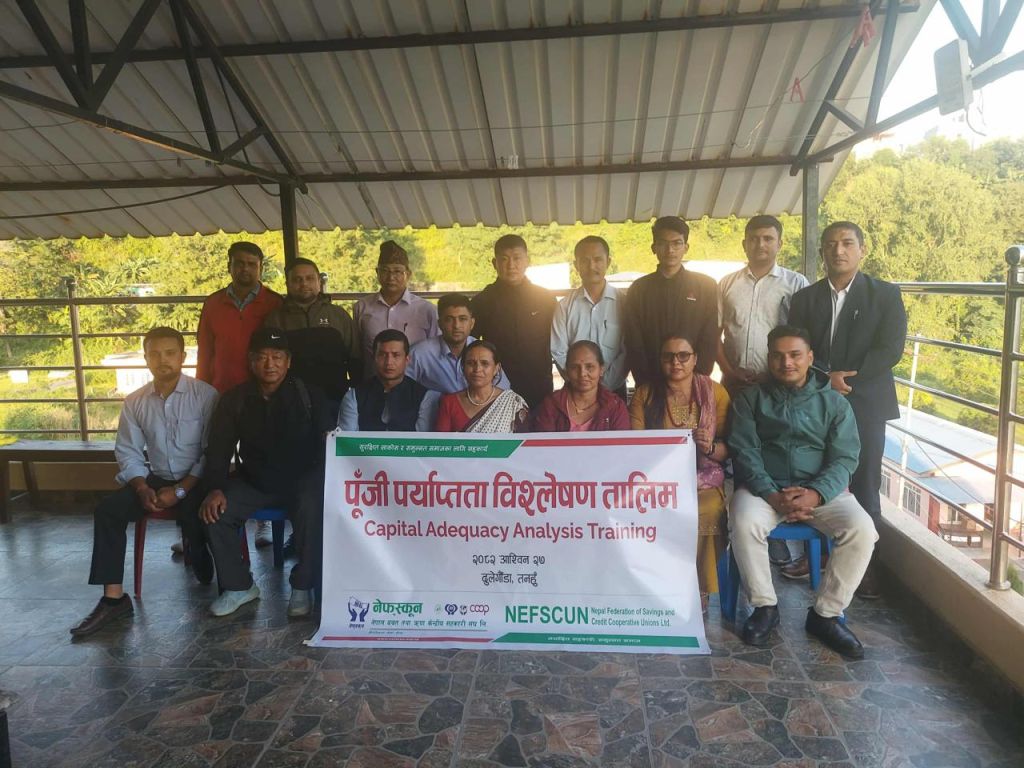
७ घण्टा अगाडि
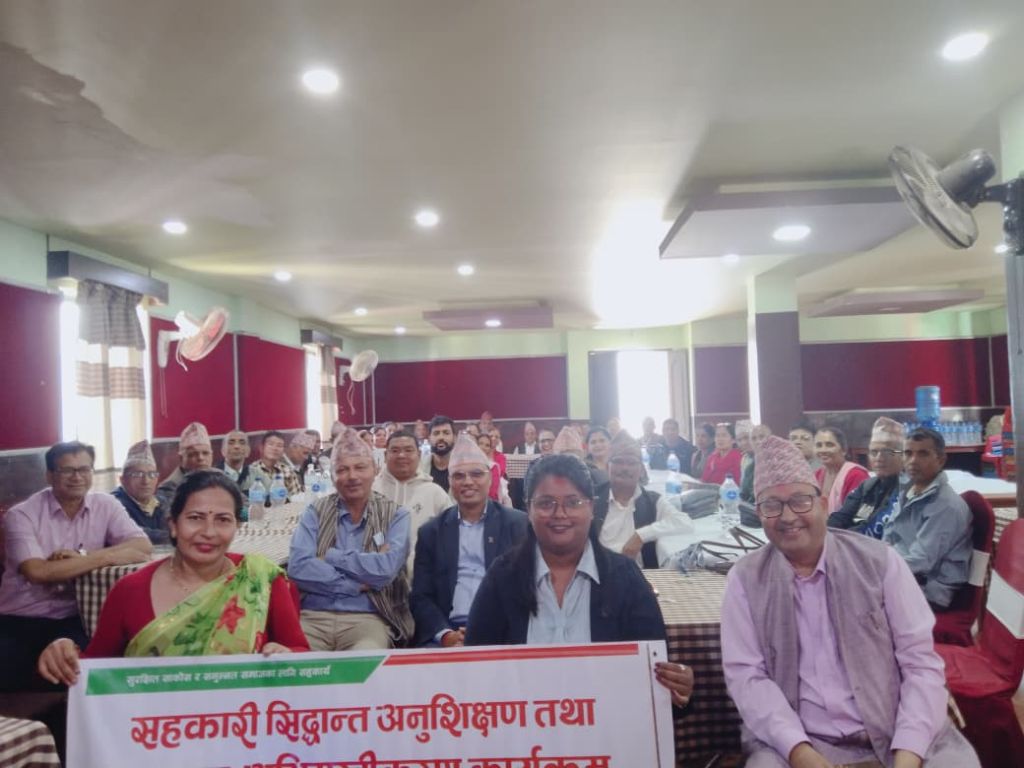
७ घण्टा अगाडि
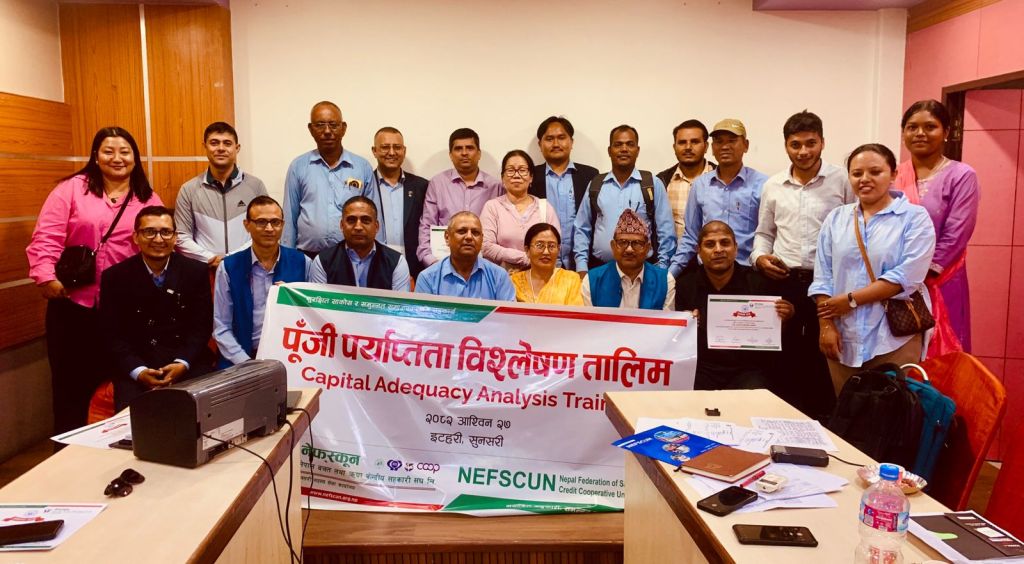
८ घण्टा अगाडि
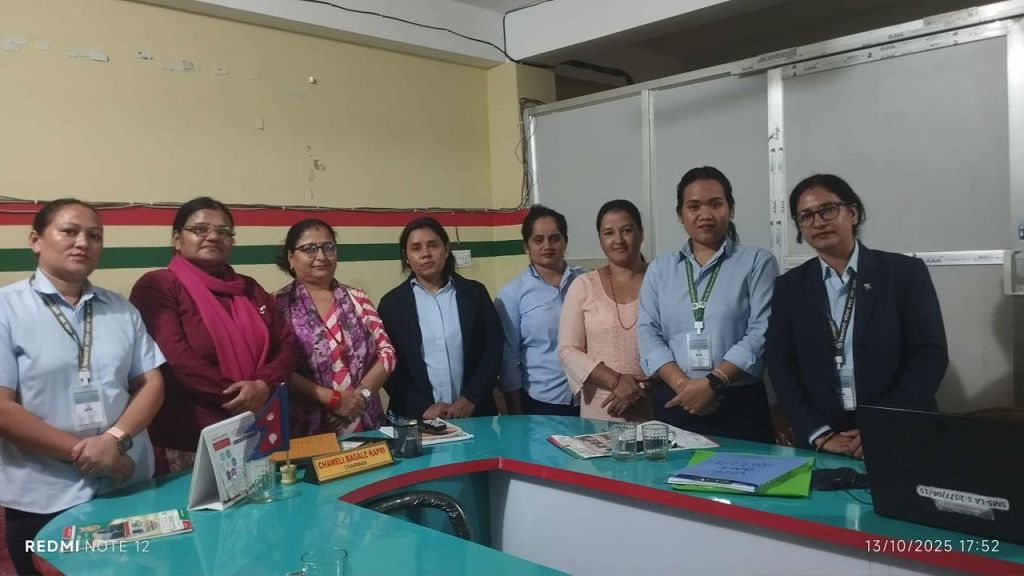
९ घण्टा अगाडि
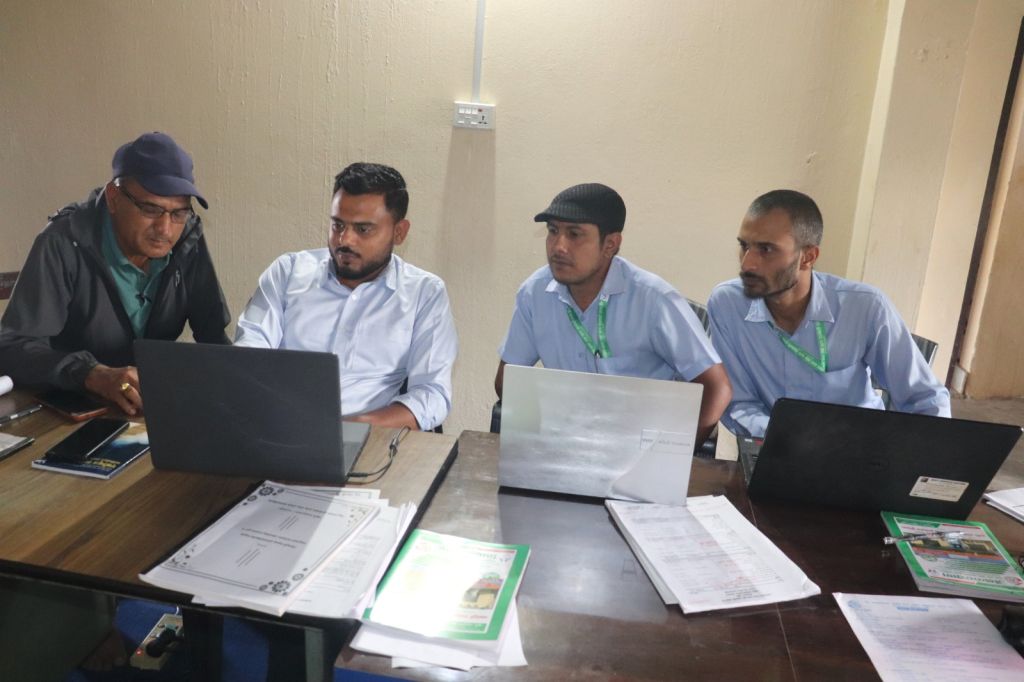
९ घण्टा अगाडि
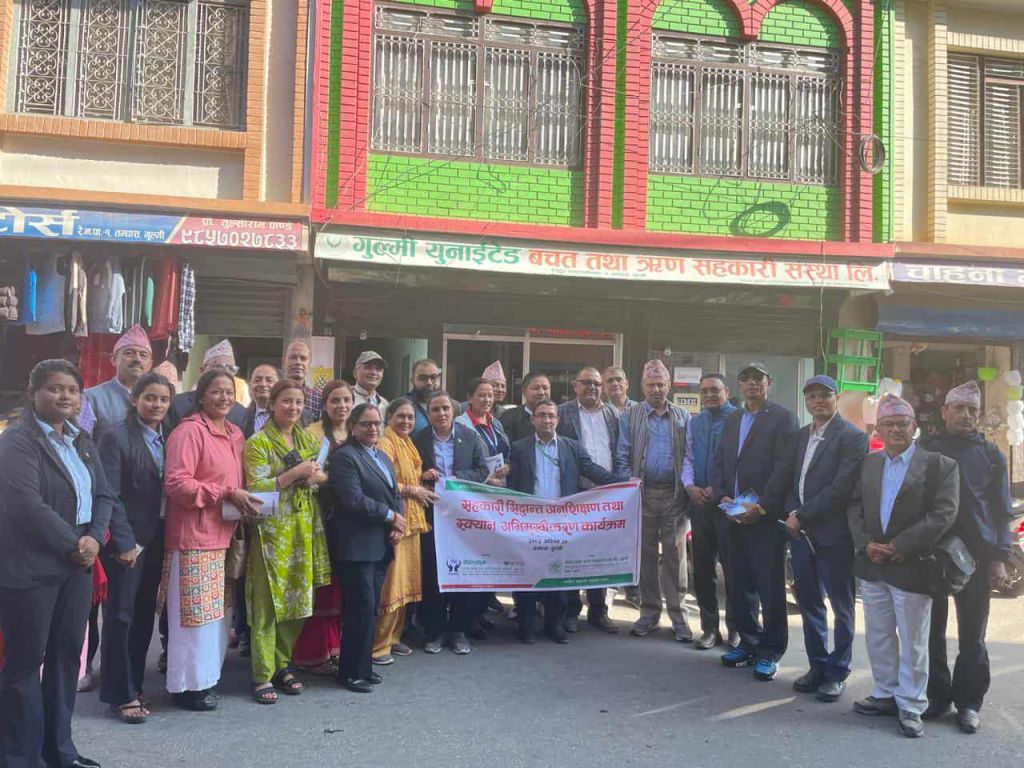
१ दिन अगाडि
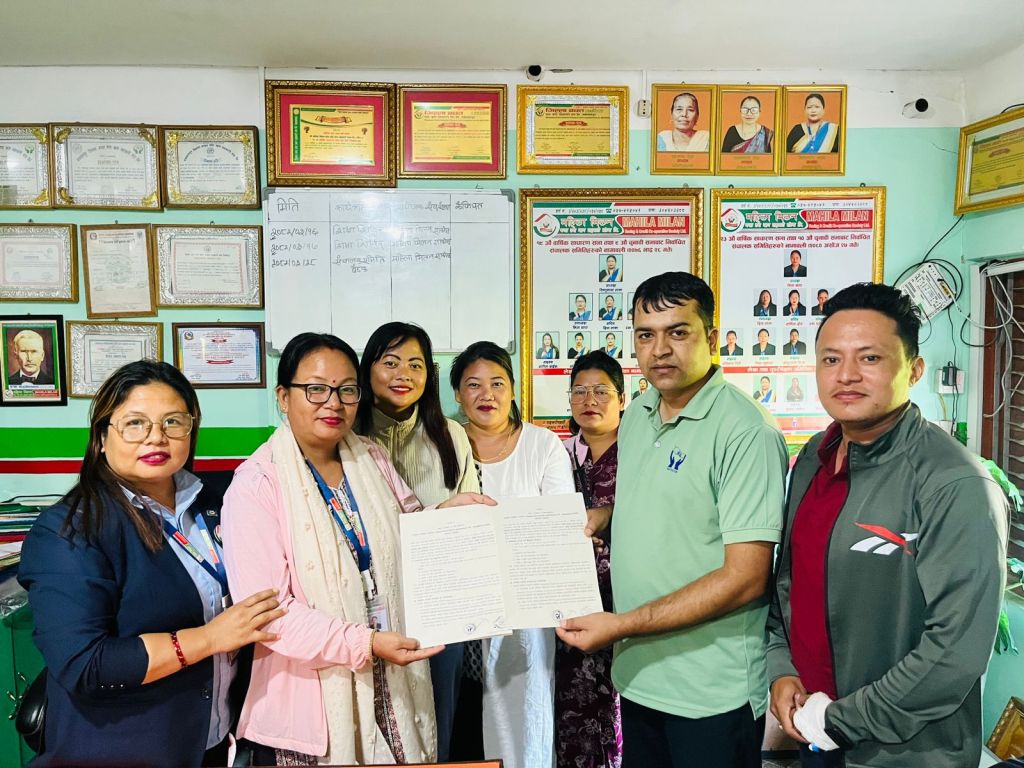
१ दिन अगाडि
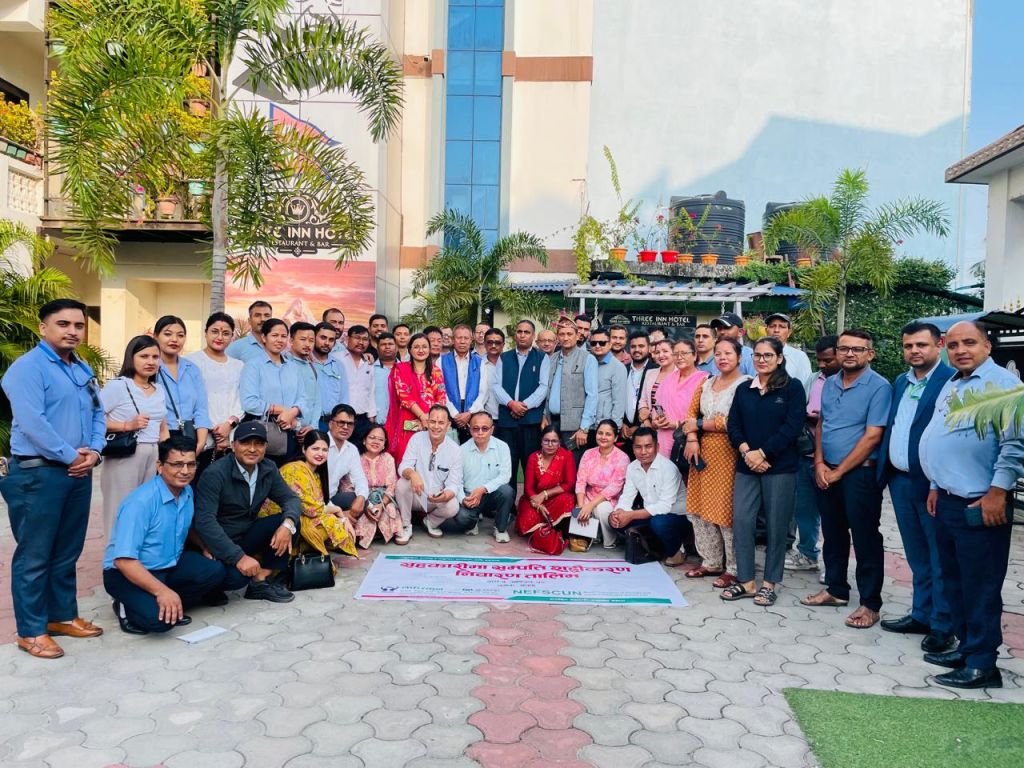
१ दिन अगाडि
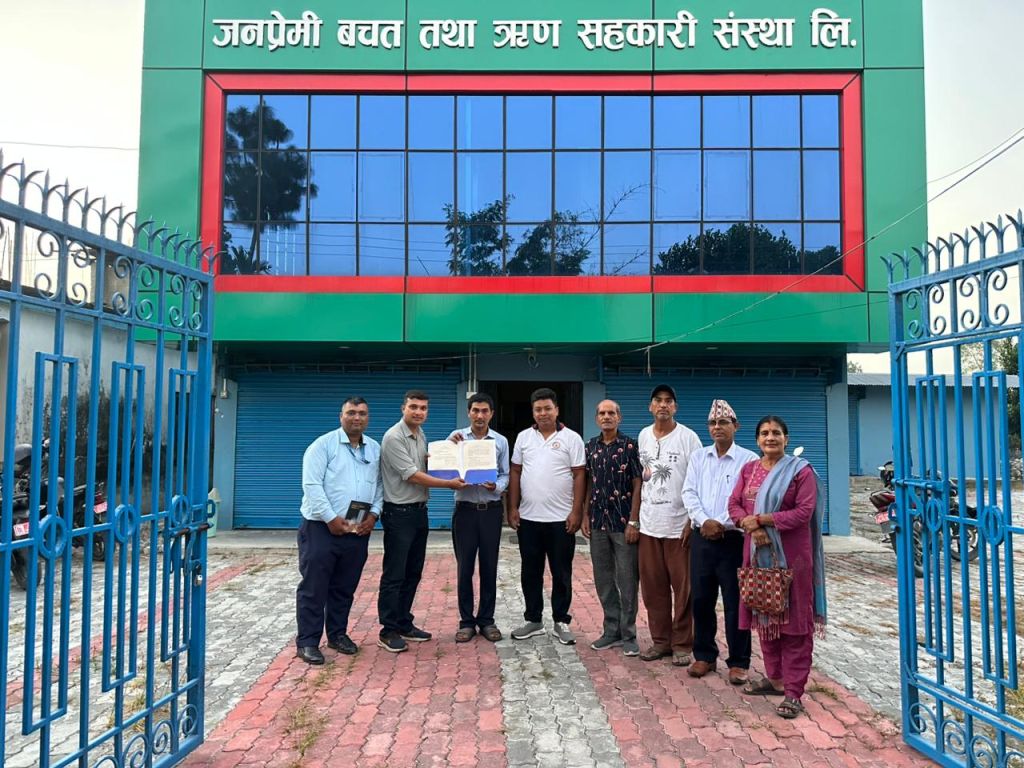
३ दिन अगाडि

७ घण्टा अगाडि

७ घण्टा अगाडि

९ घण्टा अगाडि

८ घण्टा अगाडि

९ घण्टा अगाडि
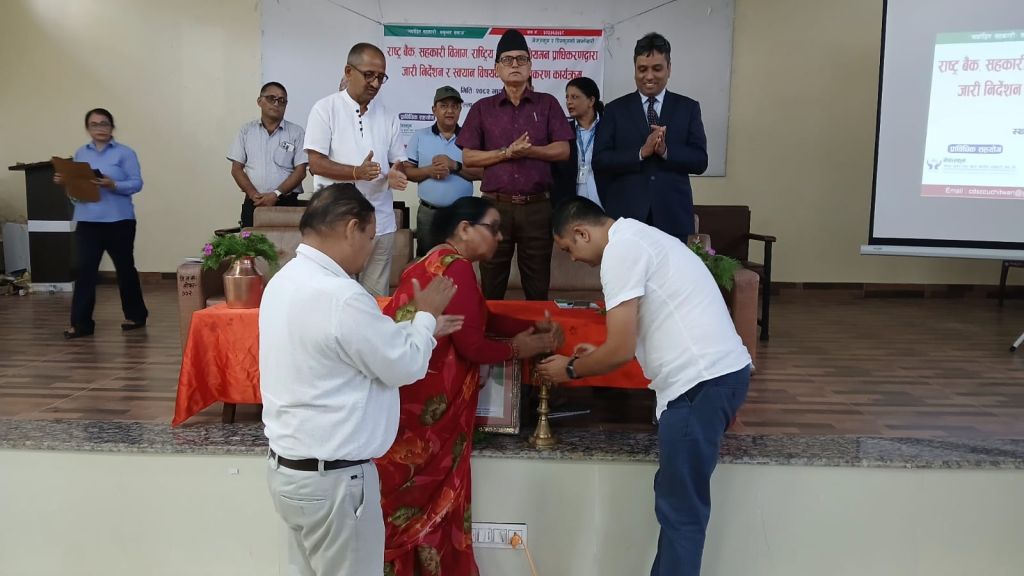
३८ दिन अगाडि
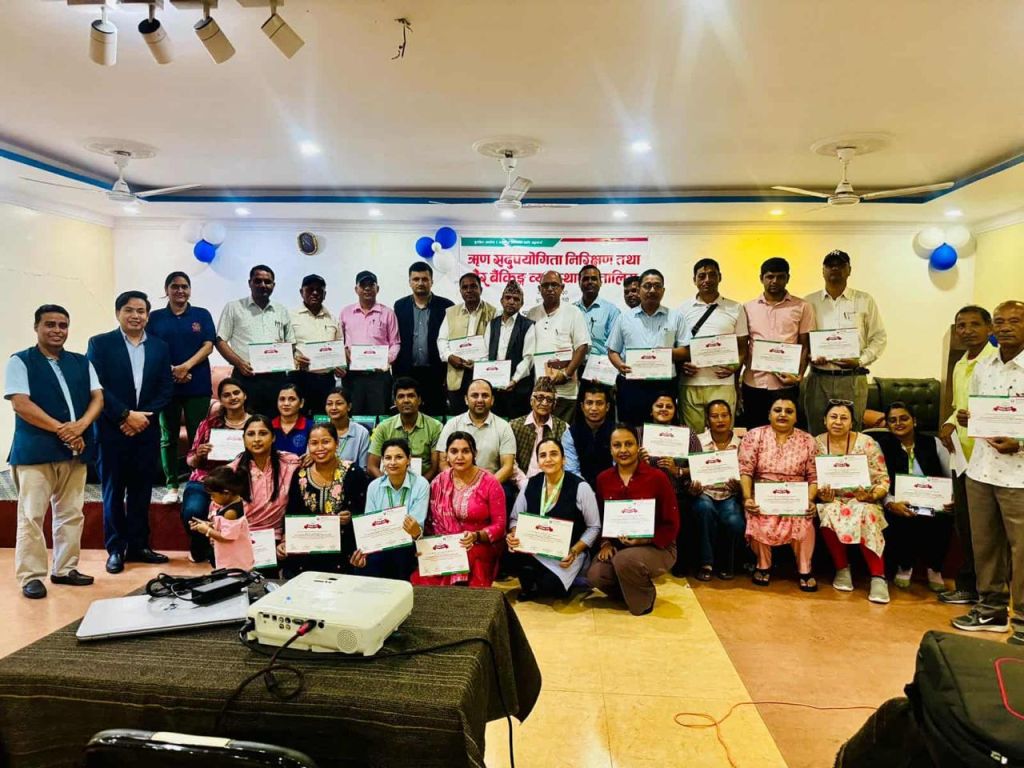
३८ दिन अगाडि